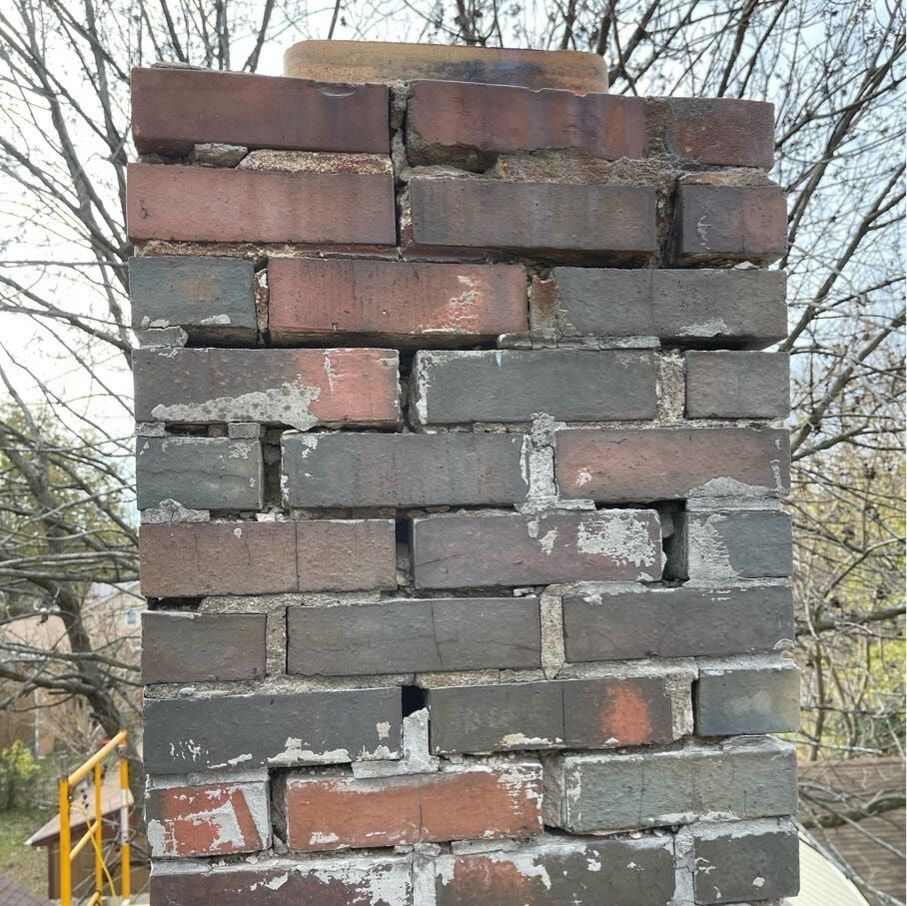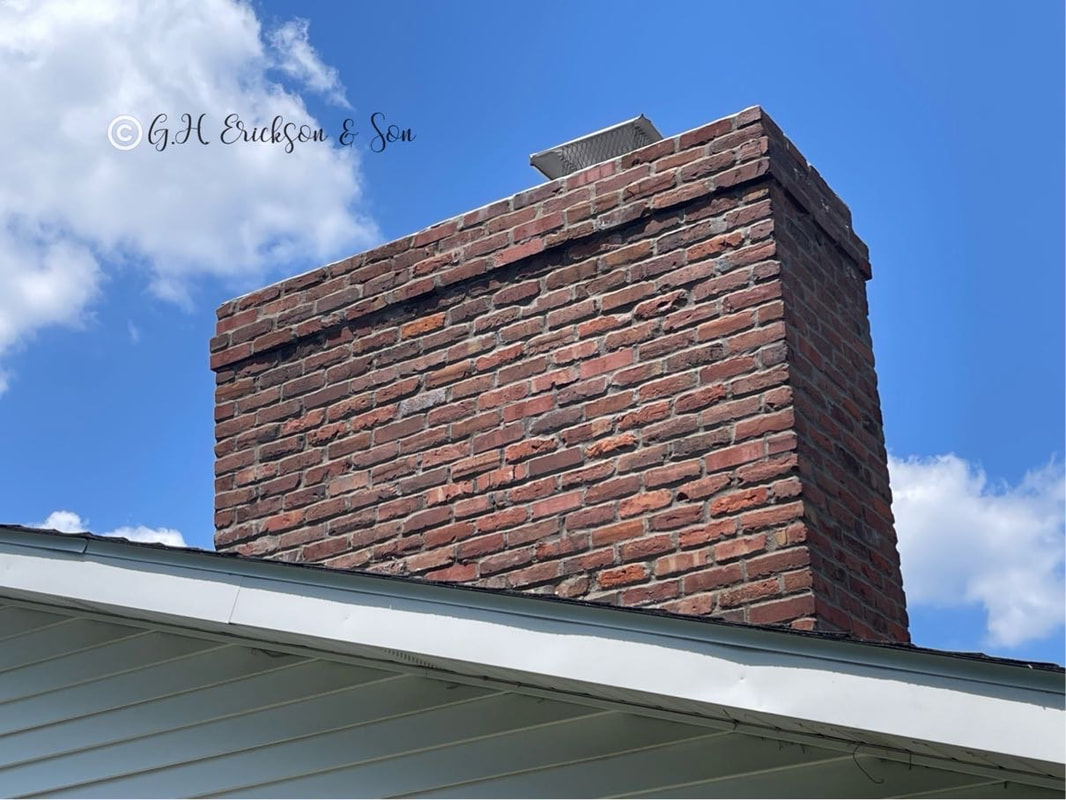Understanding Masonry
Masonry is an ancient and noble art, dating back to the earliest civilizations. It's a craft that provides us with our homes, our workplaces, our public buildings, and so much more. From the humble brick to the grandest of cathedrals, masonry is the backbone that supports our built environment.
But masonry, like any other material, is subject to wear and tear. It can decay, crack, or crumble over time, potentially compromising the structures it supports. That's why understanding the basics of masonry and its repair is crucial for anyone who owns or manages a masonry structure. This guide aims to provide a overview of masonry repair: why it's important, what problems to look out for, and how to ensure the repair work is done right. By the end, you should have all the knowledge you need to keep your masonry in top shape for many years to come. Importance of Proper Masonry RepairMasonry repair is not just about aesthetics—though certainly, a well-maintained masonry structure is a beautiful sight to behold. More importantly, it's about safety and longevity. Neglecting masonry repair can lead to structural instability and even collapse, potentially causing injury or loss of life. Additionally, properly repaired masonry is more efficient in terms of energy consumption. Cracks in masonry can lead to drafts and heat loss, driving up your heating and cooling costs. But a well-repaired masonry structure can help keep your energy bills down. Finally, investing in proper masonry repair can save you money in the long run. Small problems, if left unattended, can turn into big problems that require costly repairs. By addressing issues promptly and correctly, you can avoid these larger expenditures down the line. Common Masonry Problems That Require RepairThere are many issues that can arise with masonry, but some of the most common include cracking, spalling (where the surface of the masonry flakes off), efflorescence (a white, powdery substance on the masonry surface caused by salts in the masonry reacting with water), and bulging or bowing walls. This is where a masonry inspection is important. Here is a example of a masonry inspection on YouTube. Cracks in masonry can occur for a variety of reasons, including natural settling of the building, thermal expansion and contraction, and water damage. Spalling, too, is often caused by water damage, as well as by freeze-thaw cycles in colder climates. Bulging or bowing walls can be a sign of serious structural issues that require immediate attention. Whatever the issue, it's important to get it diagnosed and repaired as soon as possible. Ignoring the problem won't make it go away—in fact, it will only get worse over time. Steps Towards Successful Masonry RepairSuccessful masonry repair begins with a thorough inspection of the structure. This should be carried out by a professional masonry contractor, who can identify the root causes of any problems and recommend the best course of action. Once the issues have been diagnosed, the next step is to prepare for the repair work. This might involve sourcing the right materials, setting up scaffolding, or taking steps to protect the surrounding area from dust and debris. The actual repair process will depend on the nature of the problem. It might involve repointing (replacing the mortar between the masonry units), replacing damaged masonry units, applying a water repellent to prevent future damage, or a combination of these and other methods. Choosing the Right Masonry Contractors: Things to ConsiderWhen selecting a masonry contractor, you should consider their experience, qualifications, reputation, and pricing. But perhaps most importantly, you should consider their approach to masonry repair. Here are some points to think about:
You should also ensure that the contractor is insured, and that they stand by their work. This will protect you in the event of any issues down the line. Importance of Local Masonry ContractorsWhen looking for masonry contractors, it's often beneficial to choose local. Local contractors will have a better understanding of the regional climate and its impact on masonry, as well as local building codes and regulations. Additionally, local contractors are more likely to be familiar with the types of masonry commonly used in your area. This can be crucial when it comes to sourcing materials for repair work, as using the wrong materials can lead to further damage. Finally, choosing a local contractor can support the local economy and foster a sense of community. It's a win-win situation. How to Find Masonry Repair Services Near Me?Finding local masonry repair services is easier than you might think. A quick online search for "masonry repair near me" should yield plenty of results. But don't just go with the first result you see—take the time to research and compare your options. Look at customer reviews and testimonials, check the contractor's insurance status, and get quotes from multiple contractors to ensure you're getting a fair price. You can also ask friends, family, or neighbors for recommendations. Here at the Better Business Bureau is a great way to search masonry contractors with a good reputation. Remember, the goal is to find a contractor who will do the job right, not just the cheapest or fastest option. The Role of Masonry Contractors in Repair WorkMasonry contractors play a crucial role in masonry repair work. They have the skills, knowledge, and tools necessary to diagnose and repair a wide range of masonry issues. A skilled masonry contractor can identify the causes of masonry problems and recommend the most effective solutions. They can source the right materials for the job, ensuring a good match with the existing masonry. And they can carry out the repair work to a high standard, ensuring the longevity of the masonry. Moreover, a good masonry contractor will communicate with you throughout the process, keeping you informed of their progress and addressing any concerns you may have. They will also clean up after themselves, leaving your property as neat and tidy as they found it. The Cost of Masonry RepairThe cost of masonry repair can vary greatly depending on the nature of the problem, the extent of the damage, the materials used, and the contractor's rates. As a rough guide, you might expect to pay anywhere from $500 to $5,000 or more. However, it's important to remember that the cost of repair is often less than the cost of not repairing. Ignoring masonry problems can lead to further damage and potentially catastrophic failure, which could cost tens of thousands of dollars to fix. So while masonry repair might seem expensive, it's a worthwhile investment in the longevity of your masonry and the safety of your property. Ensuring the Longevity of Your Masonry Through Proper RepairIn conclusion, proper masonry repair is crucial for maintaining the safety, efficiency, and longevity of your masonry structures. By understanding the common problems that can arise with masonry, taking steps towards successful repair, and choosing the right masonry contractors, you can ensure your masonry will stand the test of time. Remember, it's always better to address masonry issues sooner rather than later. Don't wait for small problems to become big problems—take action today. And when it comes to finding a masonry contractor, don't just go for the cheapest or fastest option. Look for a contractor who understands the art and science of masonry, who will take the time to do the job right, and who will stand by their work. Here's to the longevity of your masonry!
7 Comments
2/19/2024 09:47:57 pm
It helped when you said that chimney solutions could help provide structural assistance for the durability of the property. My father mentioned yesterday that he plans to have their chimney repaired because of loose bricks due to old age. He asked if I had thoughts on the best consultation approach for the chimney project approach. Thanks for the detailed chimney repair guide article for a proper solution guide. I'll tell him that it's much better if he consults a reputable chimney maintenance service as they can provide information about the repair.
Reply
3/2/2024 07:34:49 am
It was wondering if I could use this write-up on my other website, I will link it back to your website though.Great Thanks.
Reply
3/7/2024 02:03:54 am
thank you for your interesting infomation.
Reply
5/31/2024 07:31:01 am
Moving a piano is more complicated than carrying it from point A to point B. Transporting involves expertise and knowledge with the right tools and equipment.
Reply
6/21/2024 05:11:55 am
Very informative blog post I have read today! Thanks for sharing.
Reply
Leave a Reply. |
We Would Love to hear from you!
|
Service area:
|
Telephone(309) 678-6097
© 2005 - 2023 G.H. Erickson & Son. All Rights Reserved Address 1700 W Marigold Dr Peoria, IL 61615 Designed by: jaytweb.com |


